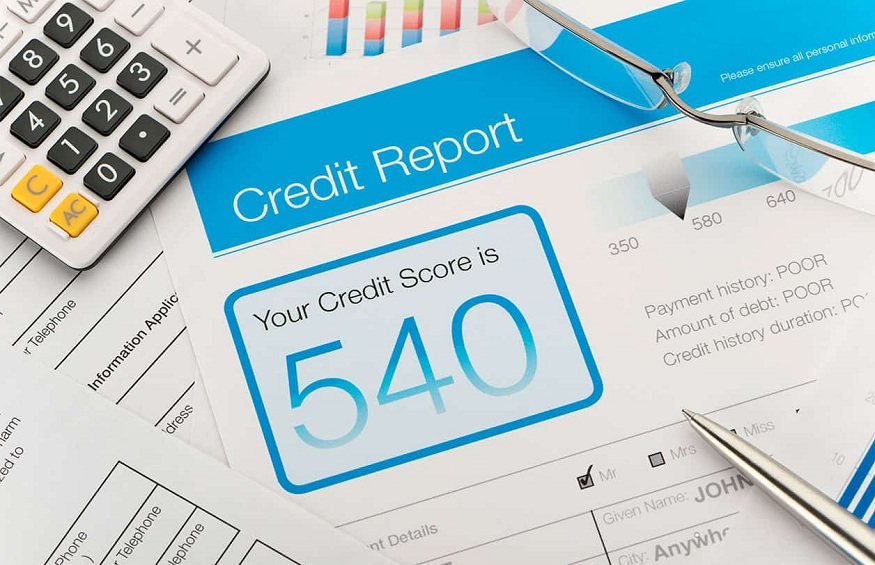Understanding Bankruptcy and Your Credit

Unfortunately, last year was a bad financial year for many people. Tough economic issues resulted inlots of furloughs and layoffs. Even those who were fortunate enough not to lose their job still found themselves faced with reduced pay or hours. This left many people struggling and filing for bankruptcy.
These types of financial decisions are never taken lightly. Nevertheless, many of us find ourselves faced with tough financial decisions at the end of the month as we find our money simply doesn’t stretch far enough. The decision as to which bills you should pay now and which bills you should pay later can be anxiety invoking. You may even find yourself thinking about how the bankruptcy process will impact your credit, especially if you’d like to buy a car or a home one day. So, before you make any big decisions in this regard, here are a few things you should consider.
Filing for LiquidationInstead of Filing for Bankruptcy
Before filing for bankruptcy, you should consider filing for liquidation, but arriving at either decision is equally challenging. These processes may make you feel ashamed. You may even start to feel as though you’ll never recover from your financial issues.
Filing for Bankruptcy
This will undoubtedly affect your credit for a while. When you file for a chapter 7 bankruptcy, it’ll show up on your credit for around 10 years.On the other hand, a chapter 13 bankruptcy will show up for about 7 years.However, when you have your debts discharged,they’ll only show up for around 7 years from the date of your delinquency, regardless of whether it’s been reported or not. It’s also important to remember that if you have any discharged debts added to your credit report, they’ll stay there until they eventually fall off – something that’ll usually happen at around the same time as when your Chapter 13 disappears from your credit report.
Rebuilding Your Credit After Filing for Bankruptcy
It’s important to understand that your life won’t end just because you’ve chosen to file for bankruptcy. After filing for bankruptcy, you can always take steps to improve your credit score. Some of the things that you can do include:
- Spend some time reviewing your credit report occasionally. This is your opportunity to fix any errors you find and ensure that any discharged debts show a zero balance.
- Make sure that you pay all your remaining debts on time. Any late payments will negatively impact your credit score.You don’t want this to happen since your credit score has already been damaged by your bankruptcy filing.
- Maintain a low credit utilization ratio. This is the amount of credit you have available vs. how much is available for you to use.
- Obtain a secured credit card. Although you’ll have to put a security deposit down, this will help you improve your credit. With these credit cards,your security deposit serves as your credit limit.
- Become an authorized user on someone else’s credit card. Even if you never make a purchase, this will give your credit score a boost.
Choosing What’s Right for You
Take some time to seriously consider your options before resorting to this. It should be your last resort when you’re trying to climb out from under the mountain of debt. Here at the Weller Legal Group in Tampa, FL,we empathize with anyone who reaches this point. We’ll do our best to help you through things so that you don’t dread being in this position. Our hope is to enable you to embrace this way to settle any unmanageable debt so that you can move forward and enjoy a fresh, new financial beginning.





